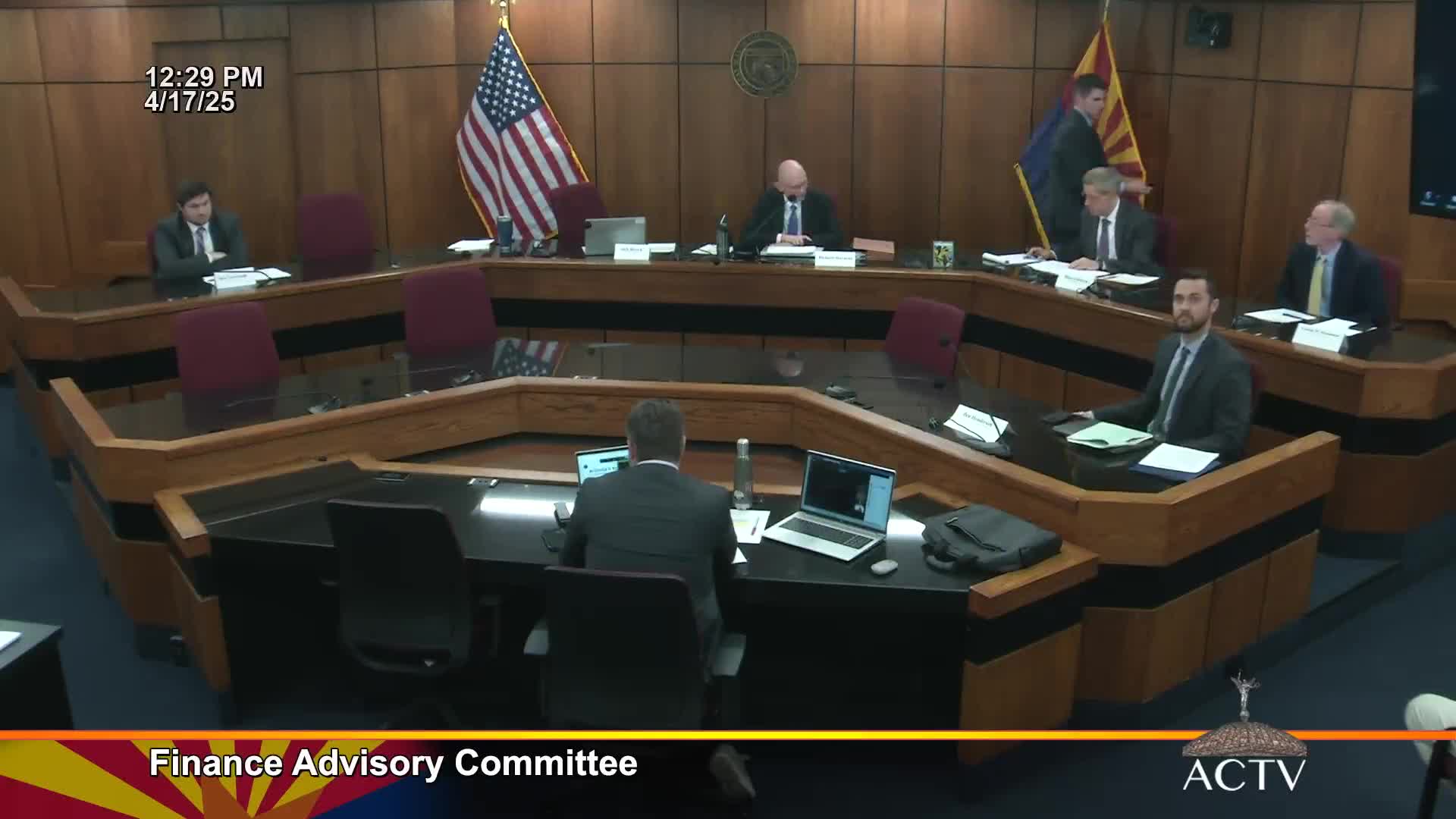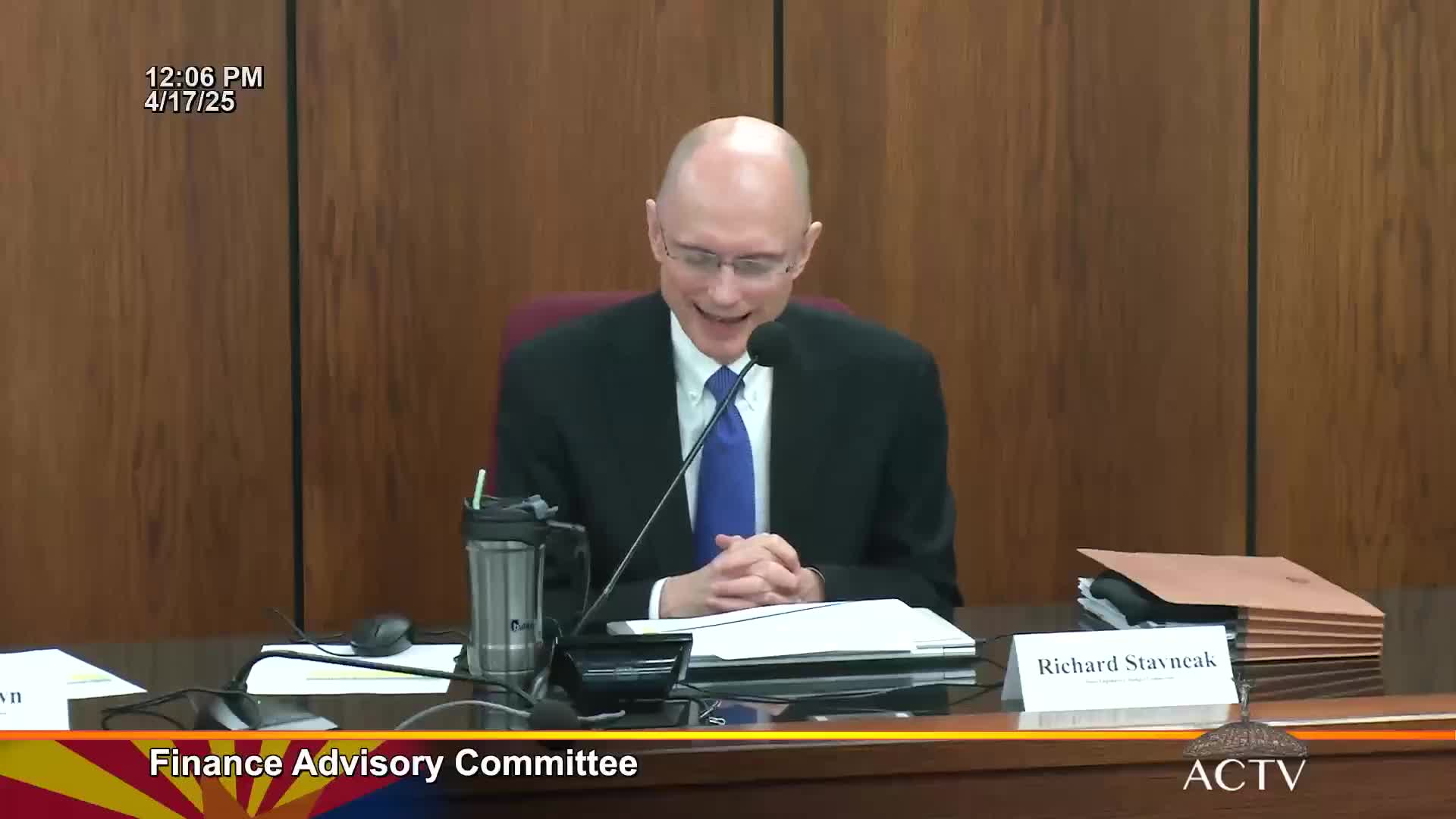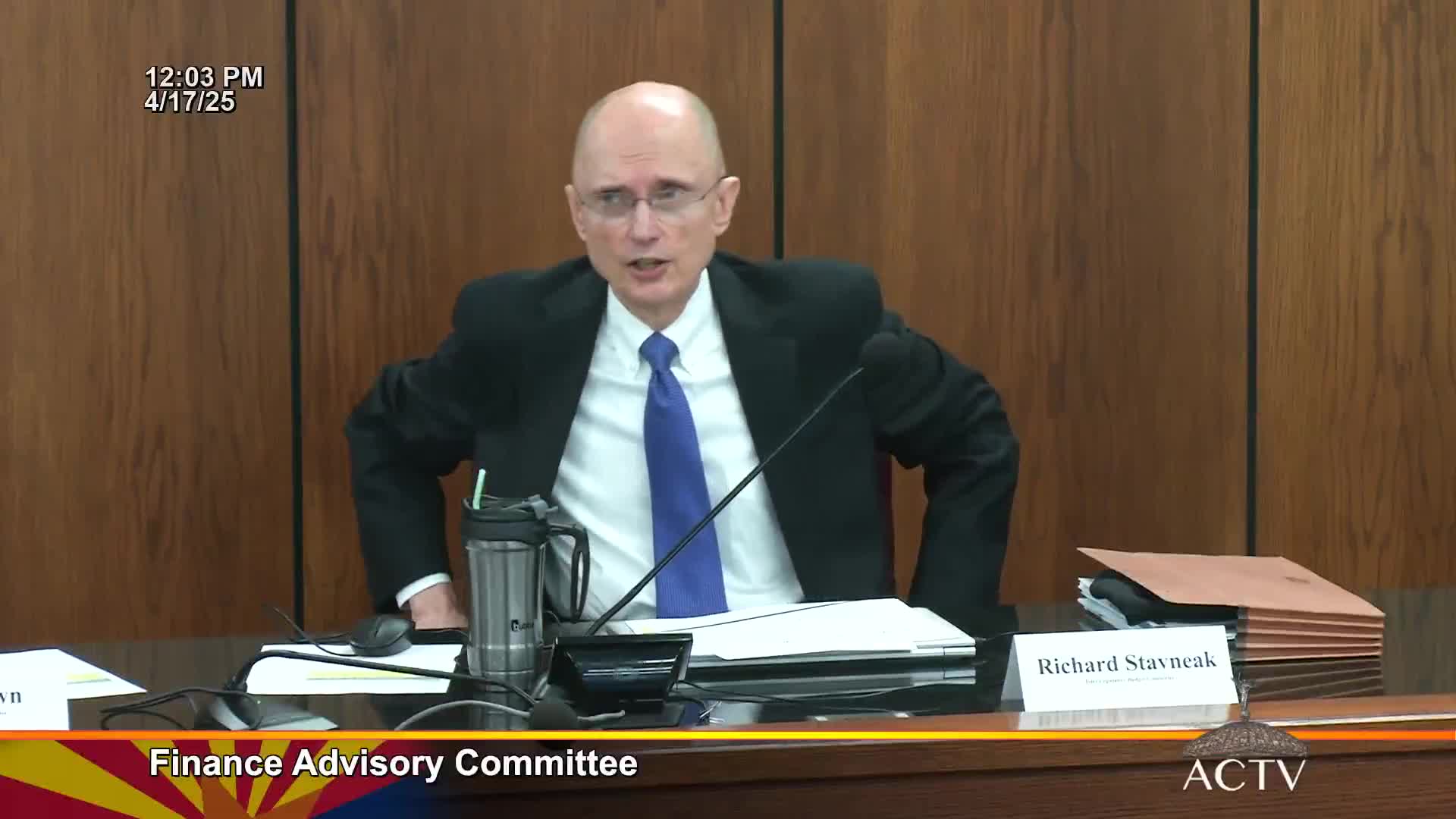Article not found
This article is no longer available. But don't worry—we've gathered other articles that discuss the same topic.

Benchmark revisions and 2024 job data pull Arizona employment lower; March 2025 report shows third consecutive year‑over‑year decline

JLBC, FAC present cautious April revenue view; 2-sector forecast and recession stress test lower available resources

